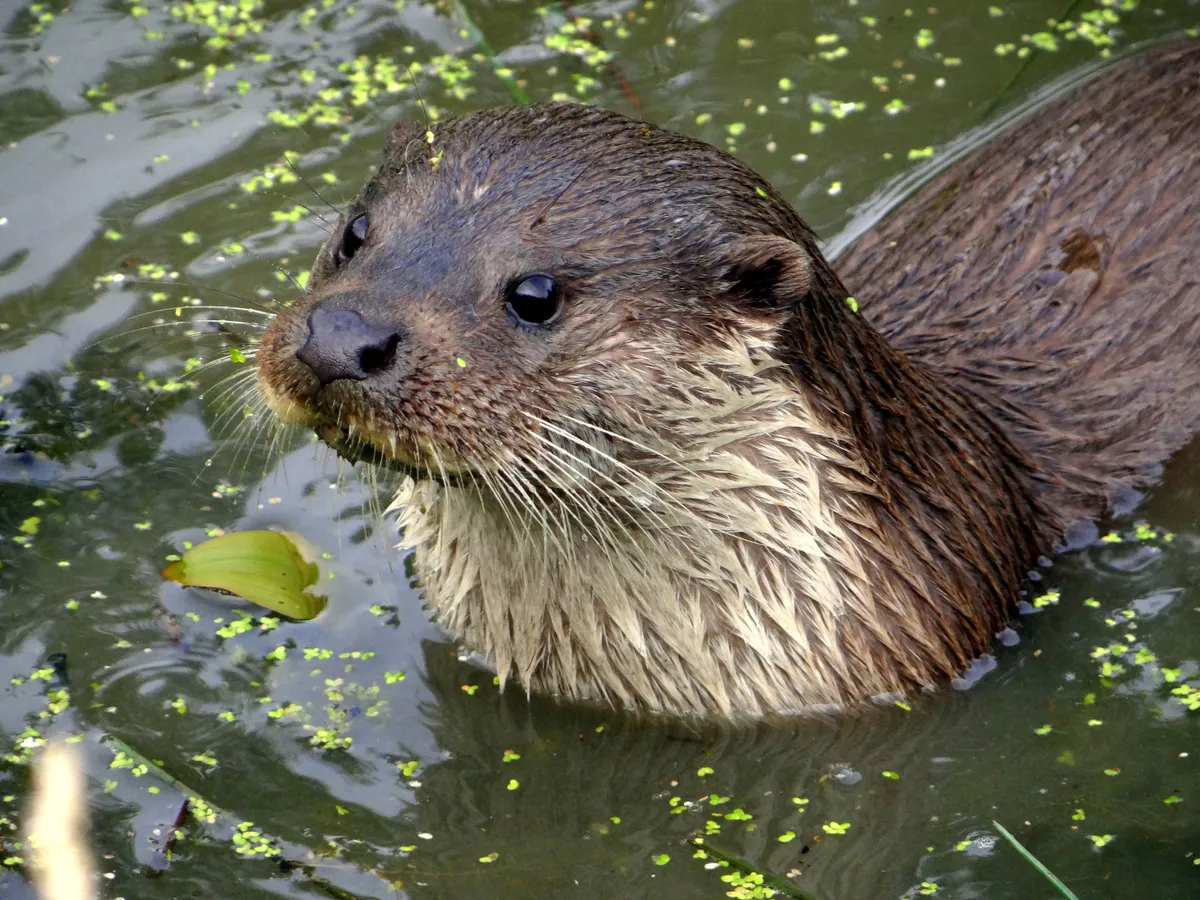Some years ago, the three villages of Allexton, Belton-in-Rutland and Wardley, in the East Midlands, bought a parcel of land and formed the Three Villages Conservation Trust.
The area contains a stretch of the Eye Brook (a tributary of the Welland River) and trees were planted to convert the site from unused farmland to a wildlife haven. But it has since become unruly, needing attention, and the local community were invited to help.
I learnt you can’t just grow trees to help the environment.
The Fitchett family – James and Andrea, with their children Harry, Arthur and Florence – were keen to be involved, and James describes the first steps: “There were about 1,500 trees. They had damaged plastic guards and it was decided to clear the site of these.”
A Focus on Nature (AFON), which works with young conservation-minded people, also got on board. On a cold, wet morning in March 2018, about 40 volunteers turned up. Eventually, six huge sacks were filled with every one of the old tree guards, ready for recycling.

Next was a May ‘bioblitz’. “AFON-organised experts taught us about the diversity of plants and animals that we could find in this small area, while recording the different species,” explains James.
Eldest son Harry became more environmentally aware: “I learnt you can’t just grow trees to help the environment, you need to maintain them to keep them healthy.”
Everyone helped find creatures on the site. “I like snails, and I found an odd one,” remembers daughter Florence, “and the specialist said it was a copse snail [uncommon in Rutland].”
Moth traps proved a success and son Arthur even made a winged friend. “A poplar hawk moth rested on my finger for ages. We were so close to nature!”
A night camera also captured an unexpected visitor. “What a find,” Andrea exclaims. “We had an otter on film and we could see it so well – its eyes, its coat, its tail. It was amazing to think that they live just down the road.”
A total of 251 species were found, including a rare pair of breeding willow tits, kingfishers, and a water shrew.
The Fitchetts have now trained with The Welland Rivers Trust and will continue to work on the site as novice river wardens. “We’ll be taking regular water samples to check the river is in good health,” says James.
The exploits have made the family more interested in nature and, having discovered freshwater invertebrates which indicate healthy water quality, they await spring’s arrival in anticipation of future finds.
Find out more
For information on The Welland Rivers Trust, visit wellandriverstrust.org.uk
How you can help...
Three projects you can get involved in:
A Focus on Nature
Learn more about this youth network or get involved in an event near you. afocusonnature.org
Osprey Leadership Foundation
Encourage young people living near the osprey migration flyway between Rutland and Africa to become conservationists. ospreylf.org
Moths Count
Help moth conservation by submitting sightings to the National Moth Recording Scheme. mothscount.org
